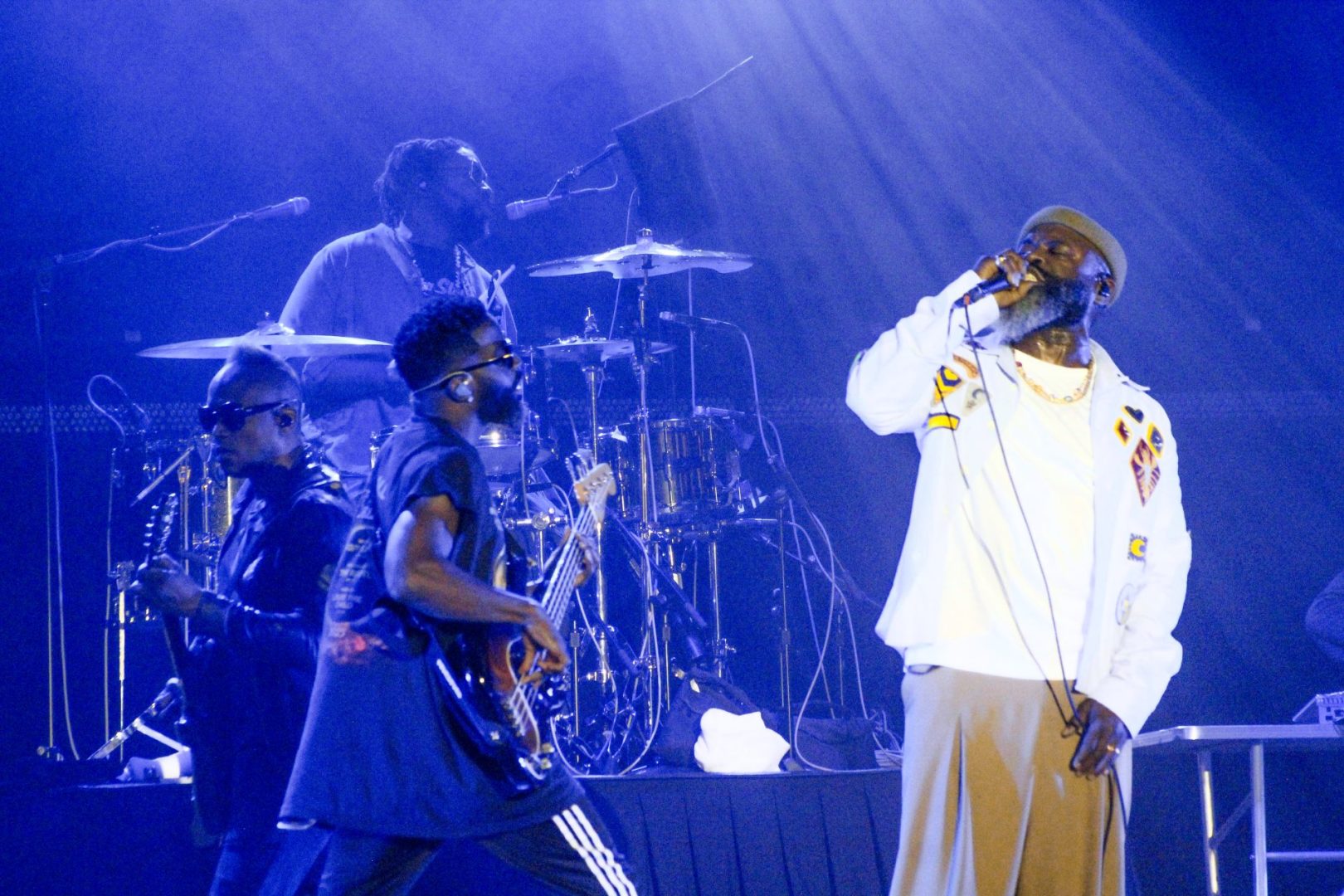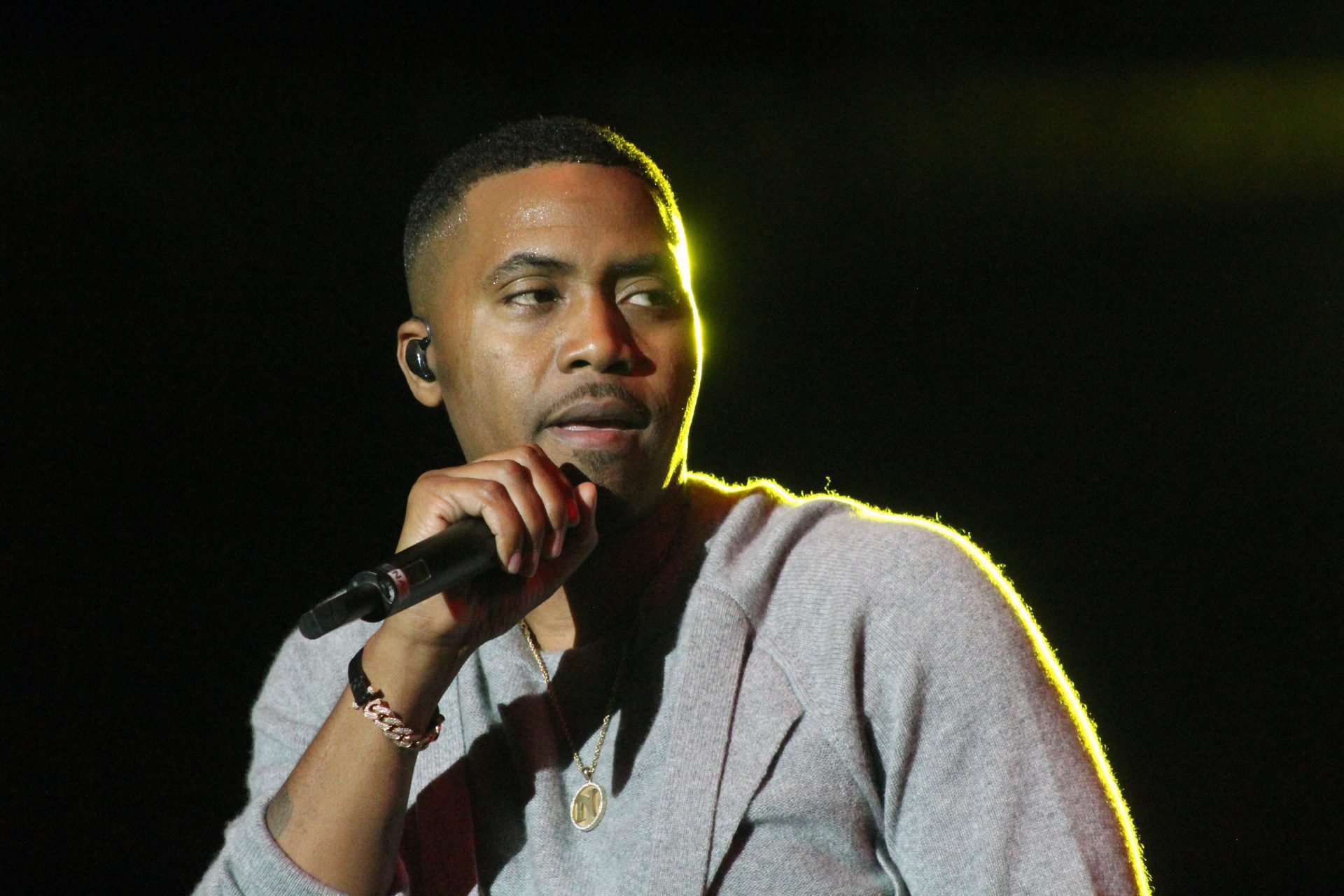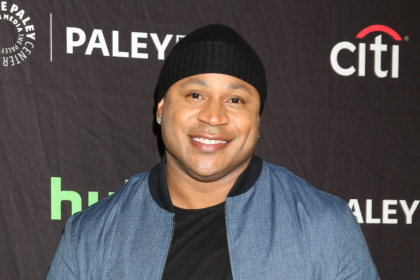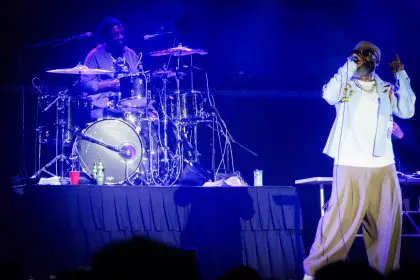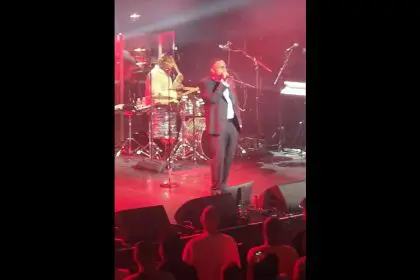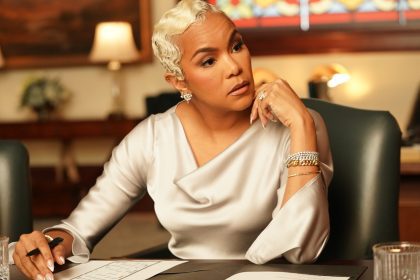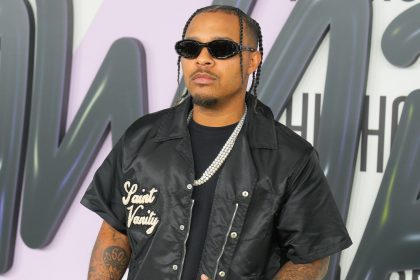In the vast, ever-evolving soundscape of hip-hop, few acts have held their ground like The Roots. The Roots are a cultural institution. For more than three decades, The Roots have set the bar, carving out a singular lane where musicianship meets lyrical dexterity, and where innovation never forgets its ancestors. If hip-hop had a house band for the culture, they would be it.
At the center of this legacy is the indelible chemistry between Tariq “Black Thought” Trotter and Ahmir “Questlove” Thompson. Black Thought is, simply put, one of the most skilled lyricists to ever breathe on a mic. His ability to weave complex rhyme patterns with intellectual precision, all while maintaining raw emotion and surgical flow, is nothing short of masterful. He isn’t chasing hits; he’s preserving an art form. Every bar he spits feels grounded in a lineage that spans from Gil Scott-Heron to Rakim. Meanwhile, Questlove is the heartbeat, literally and figuratively. As drummer, co-founder, producer, and cultural archivist, his deep musical knowledge and meticulous curation have guided the group through changing tides without losing their soul.
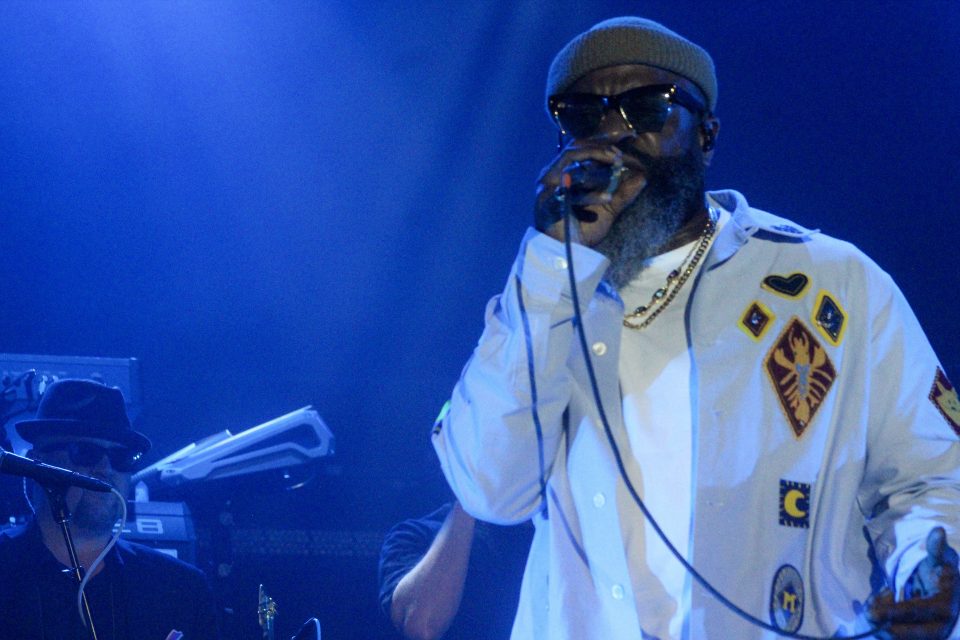
Unlike most rap collectives, The Roots have always leaned heavily into live instrumentation a daring choice in a genre birthed by turntables and samples. Their setup is more jazz quintet than rap ensemble: bass lines that thump with funk, keys that glide with soul, and drums that thunder like prophecy.
It’s no accident that their records echo with the textures of Donald Byrd’s soulful jazz, the grit of J Dilla’s MPC, and the funk of James Brown. But the palette doesn’t stop there. You can hear echoes of Fela Kuti’s afrobeat polyrhythms, the psychedelic layering of Parliament-Funkadelic, the urgency of Bad Brains, and the genre-bending spirit of Prince. The Roots have never been confined by borders musical or cultural. They draw from a well that includes Nina Simone, Slum Village, Sun Ra, Sly Stone, and even Radiohead, reassembling those sounds into something that feels both archival and futuristic. Their music is curated with intention, reverence, and vision.
That curatorial instinct comes to life most clearly through Questlove. As bandleader, drummer, producer, and scholar, he is a walking encyclopedia of Black music. His encyclopedic knowledge shaped by a childhood spent absorbing records like textbooks has made him one of the most trusted voices in music. It’s that same depth of understanding that led him to direct Summer of Soul, the Oscar-winning documentary that brought the long-overlooked 1969 Harlem Cultural Festival back into public consciousness. Questlove contextualizes music, preserves it, and elevates it. His scholarship has become a soundtrack in itself, and The Roots are the living embodiment of that philosophy.
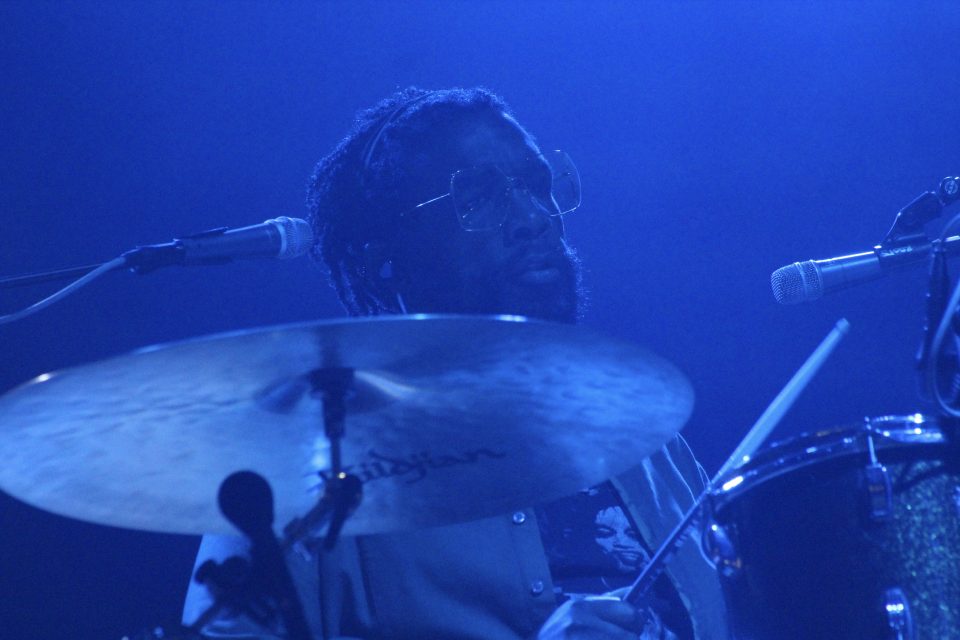
Live, The Roots are unmatched. Their stage shows are are ceremonies. Songs breathe differently when filtered through live horns and strings, the percussion unfiltered by a drum machine. Whether they’re performing in a smoky club or commanding the stage as Jimmy Fallon’s house band on The Tonight Show, The Roots treat every performance like church.
They aren’t alone in the tradition of live instrumentation in rap. Acts like The Coup, Stetsasonic, Arrested Development, and Digable Planets all honored the art of performance with real instruments. Even OutKast, particularly on Speakerboxxx/The Love Below, and later Kanye West on Late Orchestration, flirted with the freedom that comes from a live setup. But no group has made it as central, as defining, as The Roots.
Their discography is both deep and dense: from the raw urgency of Do You Want More?!!!??! to the politically charged narratives of Undun and How I Got Over, each album functions as a time capsule. The Roots have never chased trends; instead, they bend the arc of hip-hop toward musical integrity. Their collaborations ranging from Jay-Z to Erykah Badu to John Legend to Elvis Costello are about connection and building bridges between genres and generations.
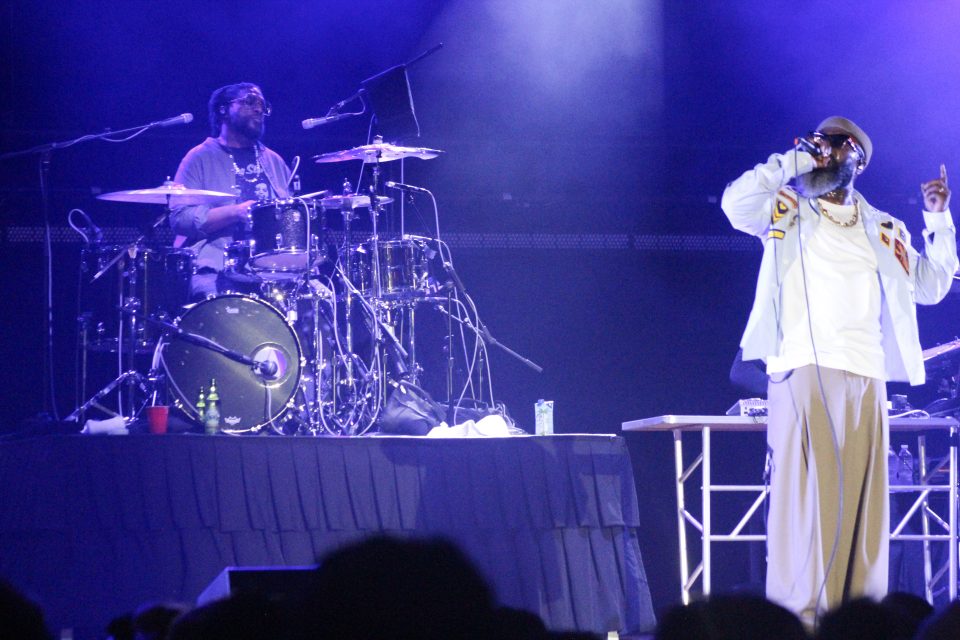
Part of what elevates The Roots is their reverence for what came before. They are students of the culture who never stop teaching. You hear it in their references to Main Source, in their crate-digging nods to obscure soul records, and in their collaborations with jazz musicians and beatmakers alike. They honor the canon not by replicating it, but by reinterpreting it through their own modern lens.
In an era where virality often overshadows vision, The Roots remain grounded in purpose. They remind us that hip-hop is not just beats and bars, it is craft, communion, and cultural memory. And perhaps most importantly, they prove that growth doesn’t have to come at the expense of authenticity.
To call The Roots the gold standard isn’t hyperbole. They are keepers of the flame and also architects of the future. They have shown that hip-hop can evolve without erasure, that bars and bands can coexist, and that when done right, rap can reach symphonic heights.
Their roots run deep and the culture is stronger because of it.

